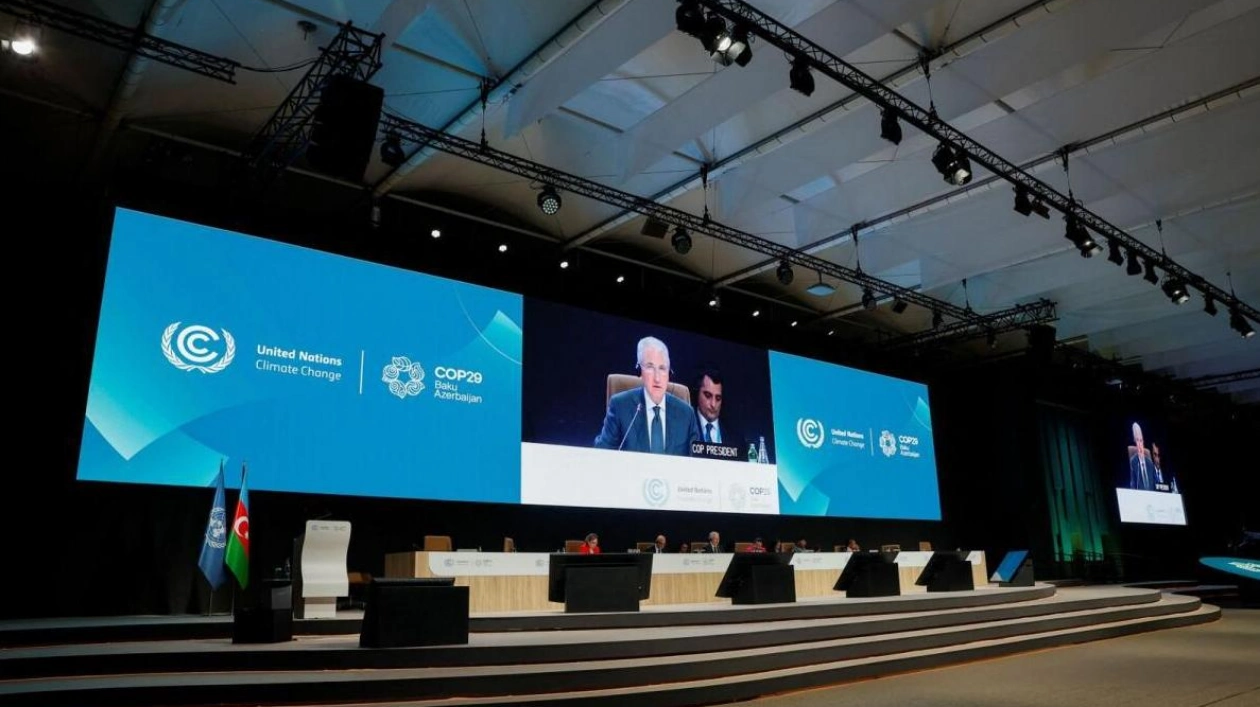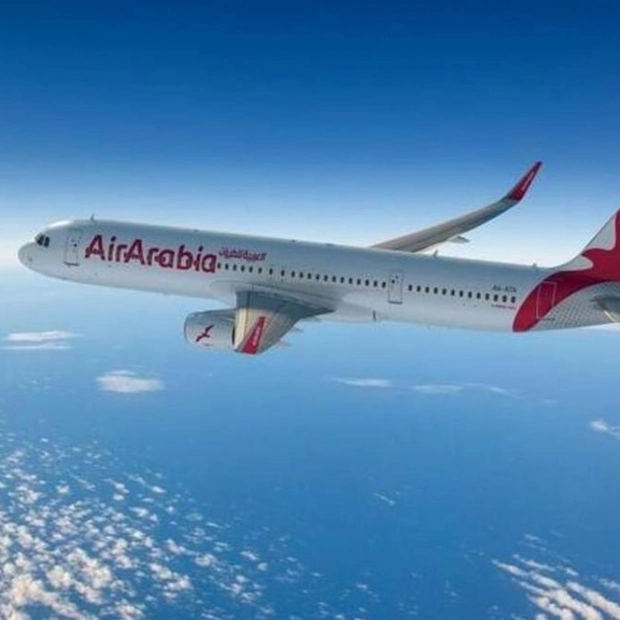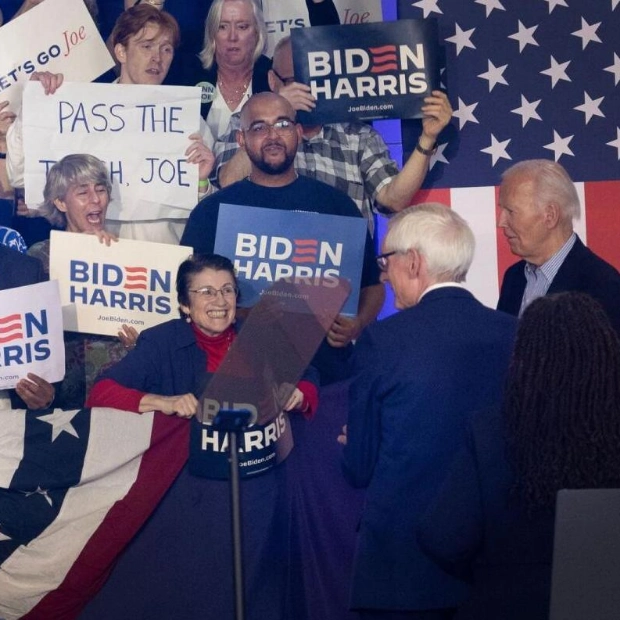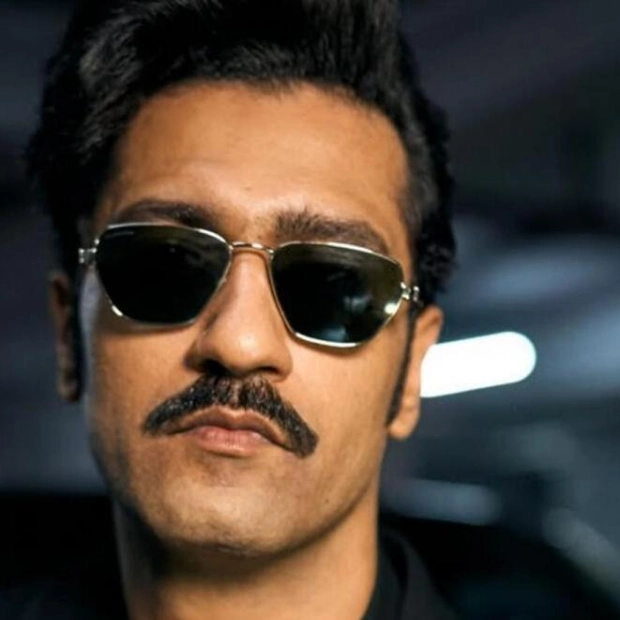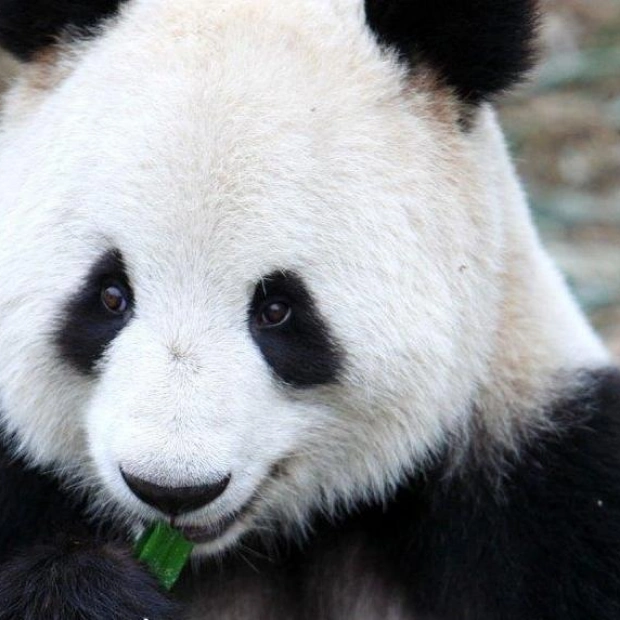The United Nations climate change conference, COP29, held in Baku, Azerbaijan, on November 18, 2024, saw nations return to the negotiating table on Monday amidst stalled UN climate talks. With time running out, hopes for a breakthrough are now pinned on the G20 leaders meeting in Brazil.
As the crucial climate talks enter their second week, diplomats remain far from reaching an agreement that would determine the success or failure of this year's meeting. COP29 president Mukhtar Babayev stated that the negotiations, taking place in a stadium by the Caspian Sea, have reached a 'critical moment.' 'We are halfway through COP29 and now the real challenges begin,' said Babayev, a former oil executive turned ecology minister.
Government ministers in Baku have until Friday to resolve the deadlock over funding for developing countries to combat global warming. With the deadline looming, pressure is mounting on G20 leaders to support the stalled process during their annual summit in Brazil. UN Secretary-General Antonio Guterres emphasized the need for leadership and compromise from the G20 countries, stating that 'the spotlight is naturally on the G20. They account for 80 percent of global emissions.'
In a potential positive sign, the head of the Brazilian delegation to COP29, Andre Aranha Correa do Lago, left Baku to prepare for the G20 meeting. Despite the slow progress in Baku, a meeting between Chinese and European officials offered a glimmer of hope in an otherwise bleak first week. Issues such as finance and the recommitment to last year's pledge to move away from fossil fuels are still under debate.
The conference began under the shadow of Donald Trump's re-election in the United States, and Argentina's withdrawal from the summit further complicated matters. Nearly 200 nations at COP29 are negotiating a new deal to provide developing countries with sufficient funds to reduce emissions and build resilience against climate shocks. Developing countries, excluding China, are expected to need $1 trillion a year in external assistance by the end of the decade, according to independent economists commissioned by the United Nations.
Climate-vulnerable nations are pushing for developed countries to contribute a significant portion of this funding, but donors argue that the private sector must also be involved. The United States and European Union are urging wealthy emerging economies, particularly China, to share the burden. The EU, the largest contributor to international climate finance, faces political and budgetary pressures, which could be exacerbated if the United States under Trump refuses to contribute.
Azerbaijan's lack of diplomatic experience at this critical juncture has been noted by COP observers, who believe crucial leadership is needed to navigate what some consider the most complex climate negotiations in years. Azerbaijan's president, Ilham Aliyev, has also come under scrutiny for defending fossil fuels and making controversial remarks about France's colonial history, which led to the cancellation of Paris's climate envoy's trip to Baku.
Source link: https://www.khaleejtimes.com
